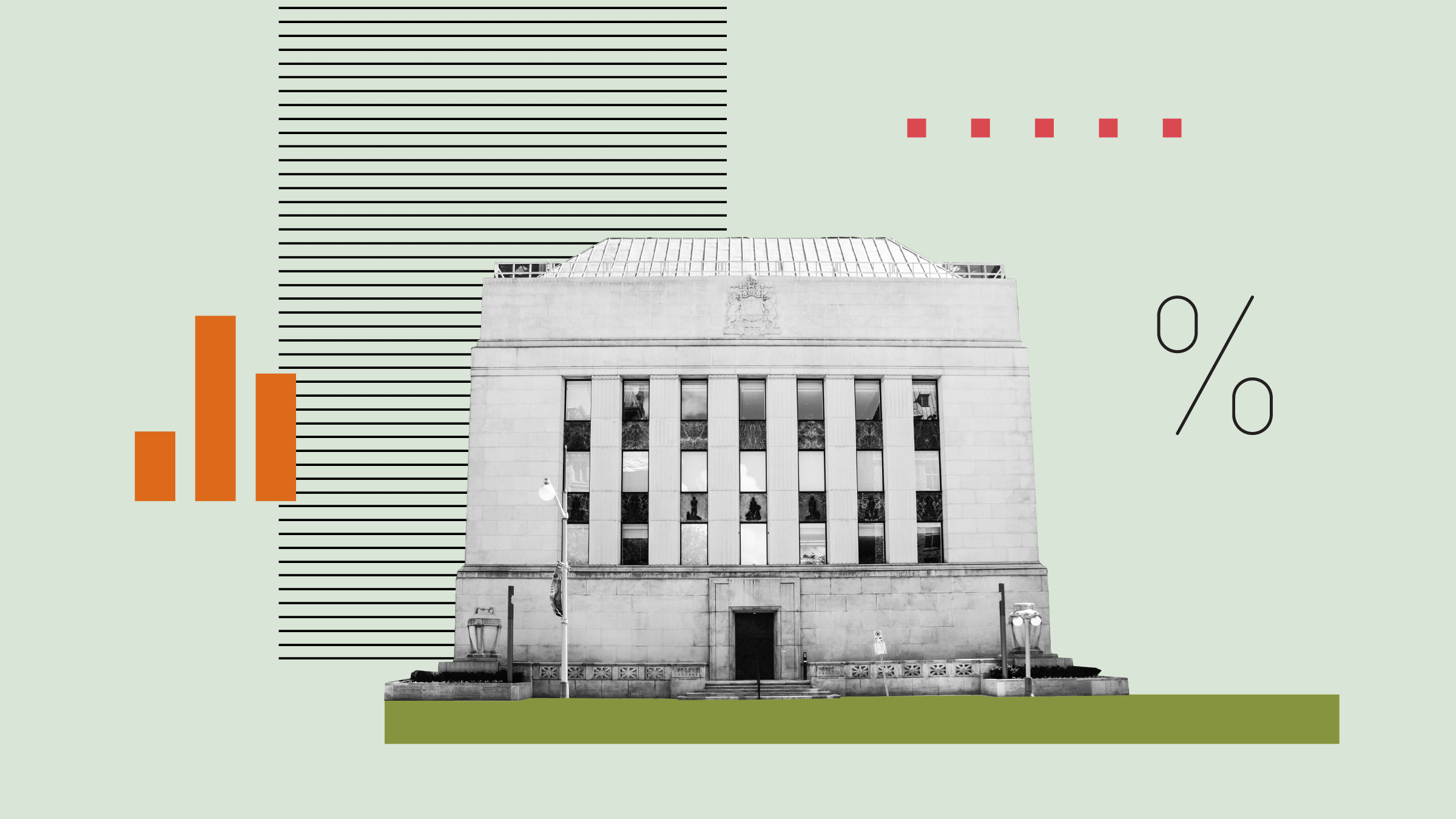Philippe Langham has positioned the rapidly growing RBC Emerging Markets to capitalize on growth themes.
"Two things are key in our approach," says Langham, a senior portfolio manager and head of the emerging-markets team at RBC Asset Management UK Ltd. in London. "There is a real emphasis on quality, and secondly, secular themes are an important part of our (macroeconomic) overlay."
Currently, two of Langham's main investing themes for the $643-million fund are consumer demand and general domestic demand. For instance, he sees "huge growth" potential in the demand for mobile phones and televisions.
Langham says his initial macro view is driven much more by long-term sector opportunities than by country allocation, and contributes 20% to 40% of his relative performance. Stock-picking, he estimates, will contribute 60% to 80% of relative performance.
Among the universe of approximately 5,000 emerging-market stocks, Langham says about 1,500 are liquid enough to be considered for the RBC mandate. Langham's requirement for liquidity is sufficiently high that 95% of his holdings could be sold in one day. Because of that constraint, the stock-market capitalization of Langham's holdings will typically need to be at least US$500 million, depending on the stock's trading volume.
Langham and his colleagues employ a growth-at-a-reasonable-price (GARP) discipline for the RBC fund, which holds between 40 and 60 names. Their valuation criteria include cash-flow generation, profitability, return on equity and balance-sheet strength. The investment process also factors in the quality of management, corporate governance and competitive advantages, including barriers to entry.
Sector and country weightings in the portfolio are restricted to plus or minus 10% of the fund's benchmark, the MSCI Emerging Markets Index. Individual stock positions make up no more than 5% of the fund's assets. Asia currently represents more than 50% of the RBC portfolio and Latin America 25%.
"People are often surprised that emerging markets at the moment actually represent 38% of total global GDP," says Langham. "The regions of Asia ex-Japan and Latin America by themselves constitute over 30% of global GDP."
As well, the BRIC countries -- Brazil, Russia, India and China -- represent almost half of the total emerging markets in terms of GDP. "Take just China," says Langham. "China at the moment has overtaken the U.S. as the largest car market in the world, so these are very significant economies." Yet, a lot of investors will typically have less than 10% of their assets in emerging markets, often much less than that, he adds.
An example of Langham's theme of consumer demand in emerging markets is the fund's holding in Ctrip.com International Ltd. CTRP, an online travel service in China. According to Langham, there has been little travel in China in the past, with most people getting only about a week of holidays per year.
But that is changing, Langham says. There is some real growth in the travel market, and more and more people in China are using the Internet. "So that's why, on the consumer discretionary side, we really like that area in China," Langham says. He adds that Ctrip plays perfectly into that theme, since it dominates the travel-agency market in China.
Langham, 44, has two decades of investment experience in emerging markets. A graduate of the University of Manchester, he earned a bachelor's degree in economics in 1987. After a year at an accounting firm, Langham spent nine years with the Kuwait Investment Office in London, where he managed portfolios spanning emerging markets, Asia, Latin America and the U.S.
In 2003, he moved to Capital House Investment Management for two years before joining Credit Suisse in Zurich as director and as head of Asia and emerging markets. In 2007, he moved back to London to join Societé Générale Asset Management before joining RBC in November 2009.
The seeding of RBC Emerging Markets began in December 2009, followed by the retail launch in April 2010. The investment team consists of three managers, including Langham, who has the lead role.
The three each focus on different regions, with Langham having primary responsibility for Asia, which represents more than half of the fund's market benchmark.
Positioning the fund for growth in a "sort of deflationary environment," Langham reduces risk by diversifying by country and industries. "I think it's something that people need to be aware of," says Langham. "Emerging markets can be a little more volatile. The volatility has been falling over time, but it clearly still exists."















